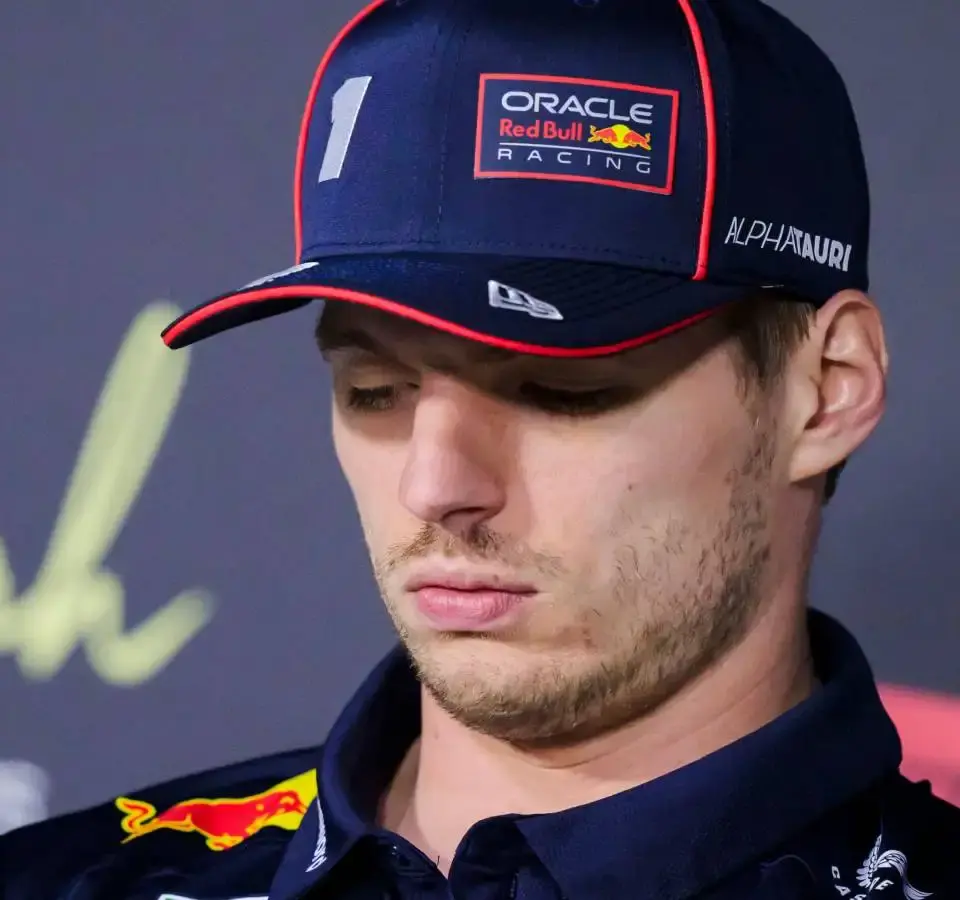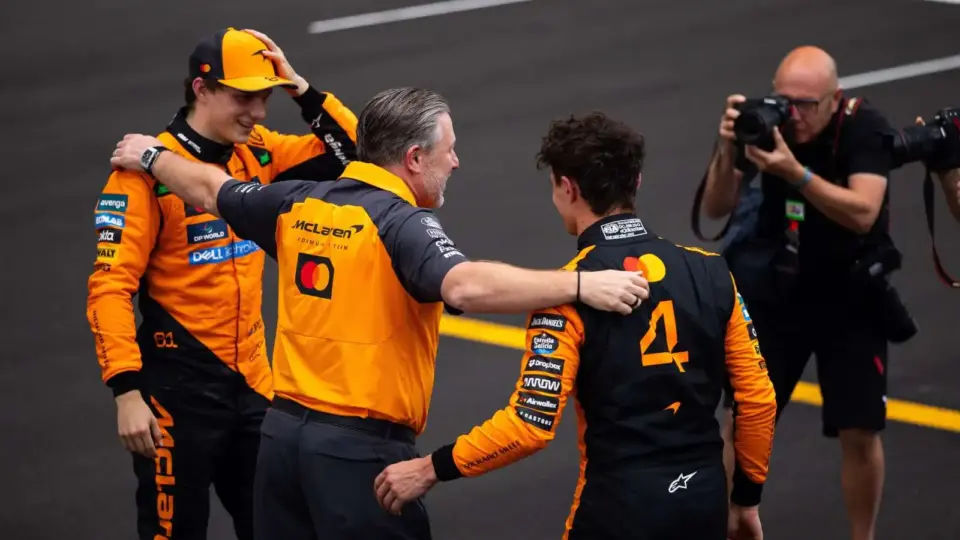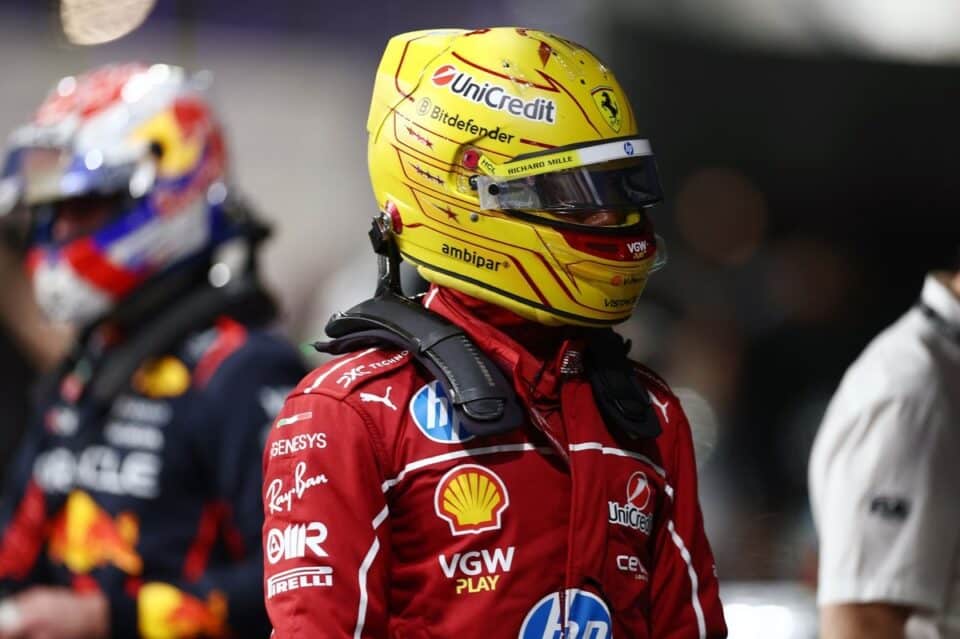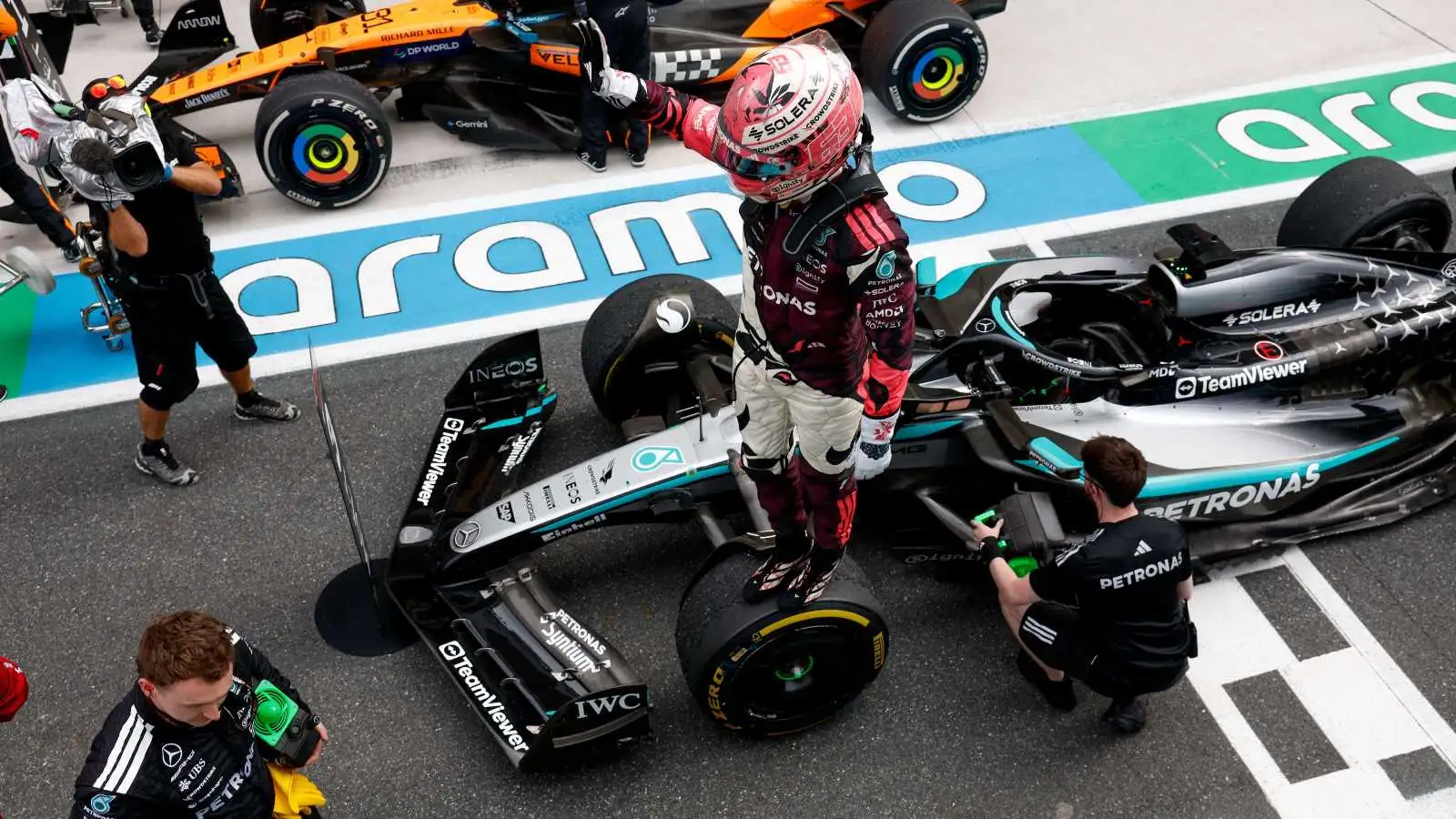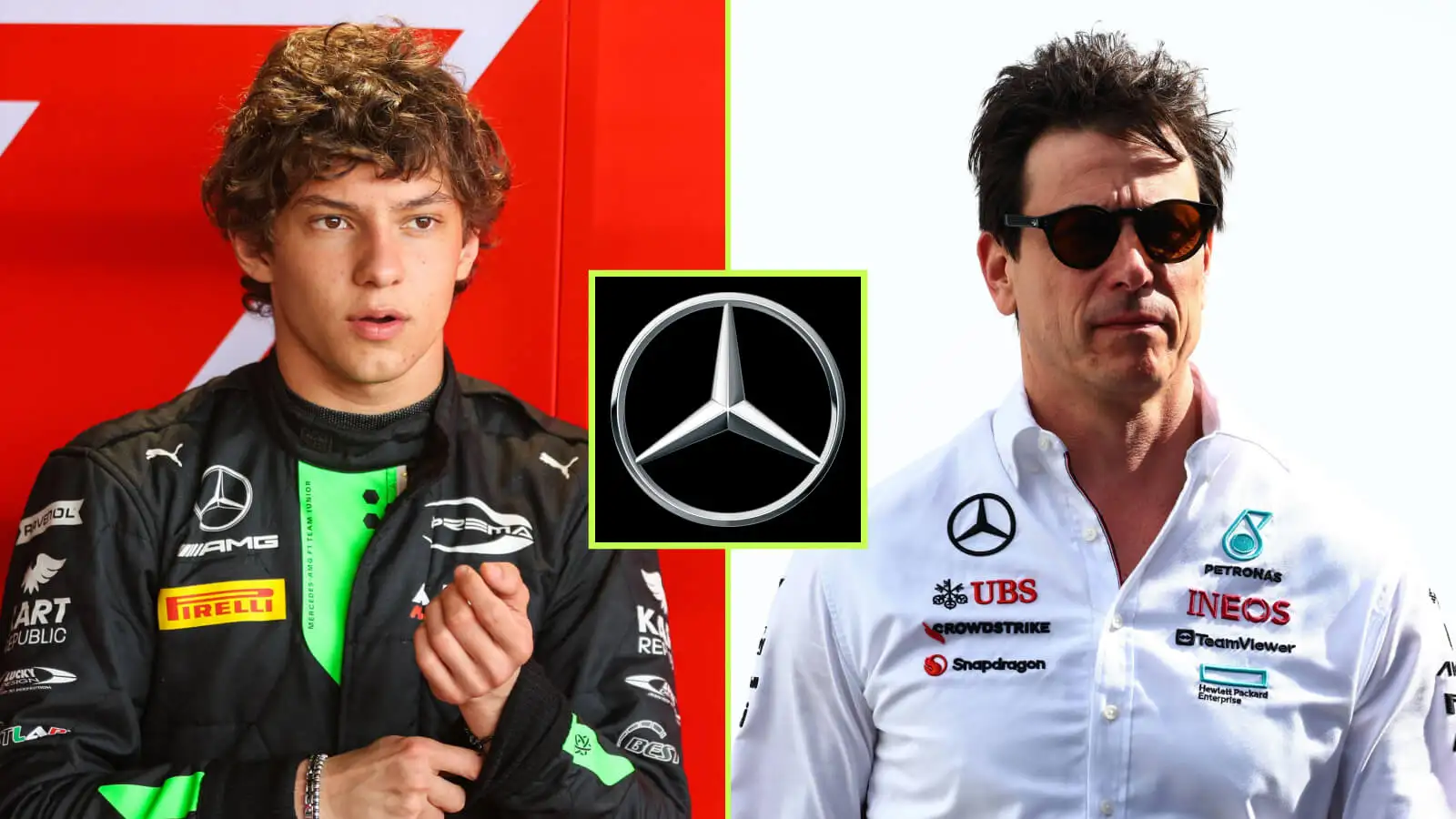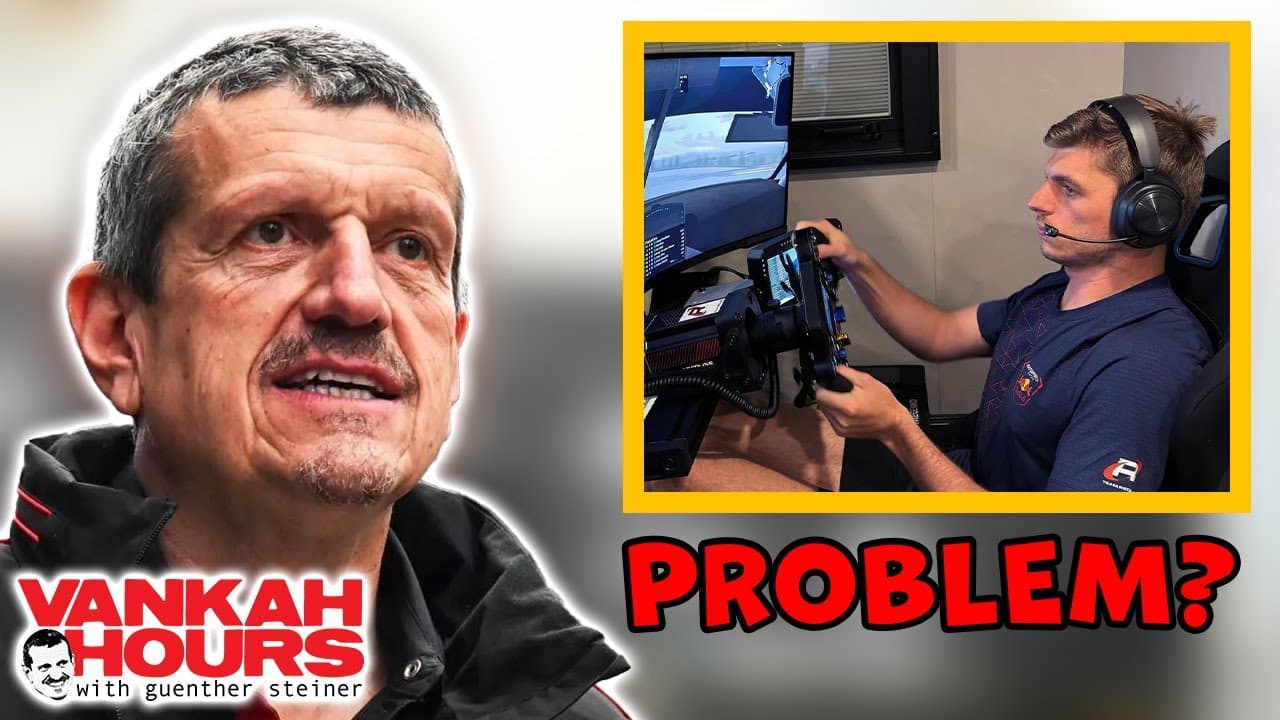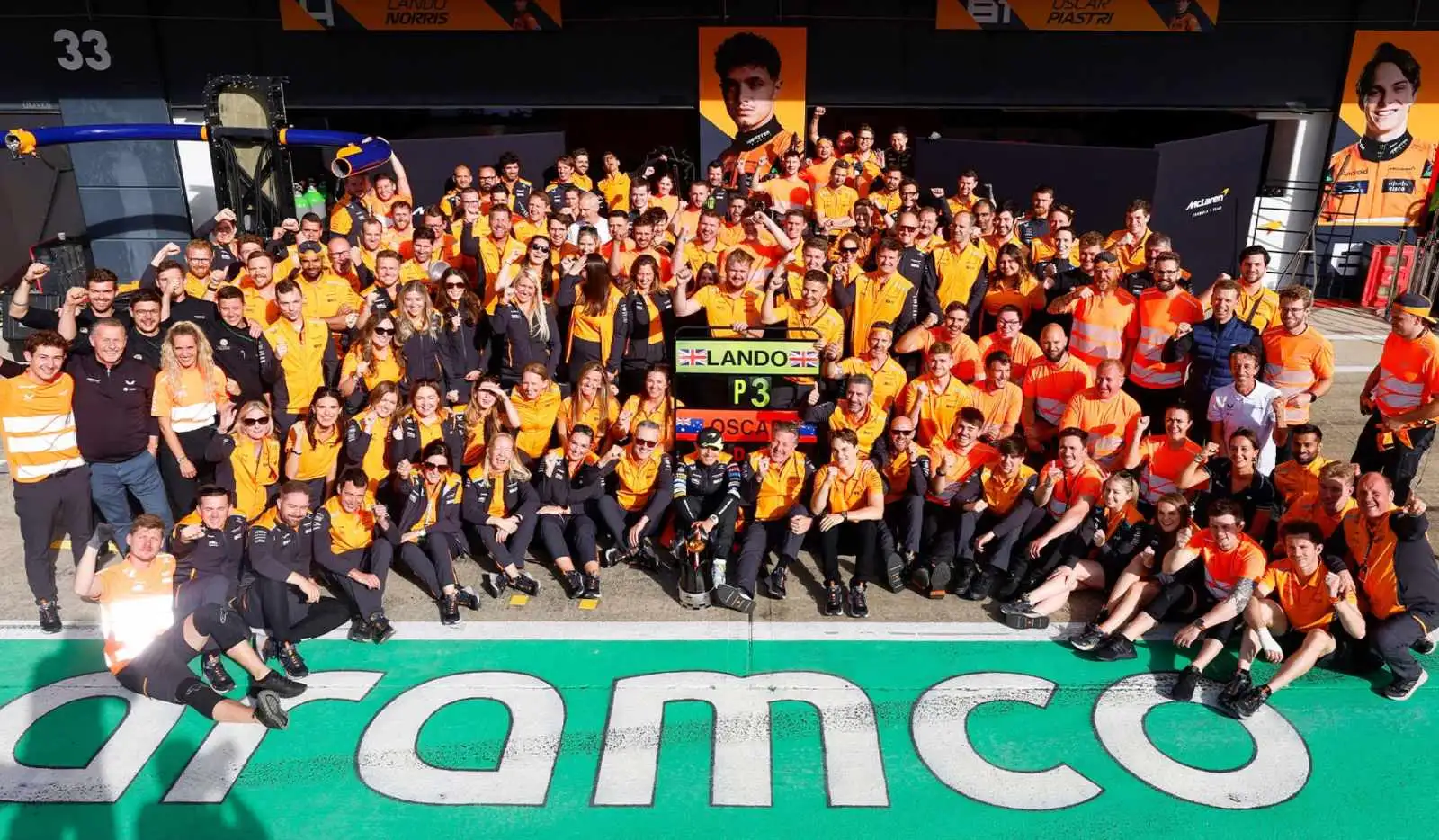Max Verstappen’s recent interviews have sparked intrigue and debate.
- Despite being a world champion, Verstappen feels his championship hopes are dwindling.
- McLaren’s dominance is unsettling for Verstappen, impacting his demeanor.
- Verstappen’s concise media interactions raise questions about his tactics.
- Social media pressures may be influencing Verstappen’s approach.
Max Verstappen’s media appearances have recently been marked by a distinct, candid negativity, leading many to wonder if this is a strategic move. While the racing world watches McLaren’s dominance with Oscar Piastri and Lando Norris leading the championship, Verstappen appears to be navigating choppy waters. He feels sidelined, saying, ‘McLaren are not my rivals right now. I am just taking part in this World Championship.’ His candidness offers a raw look into his mindset as he battles for a comeback.
Verstappen’s struggle is emphasized by his comments post-Bahrain and Saudi Arabia Grand Prix. Despite Red Bull’s advancements, he finds the car lacking, noting, ‘It’s still not where I wanted it to be.’ His remarks, stripped of any sugarcoating, mirror his frustration and perhaps a psychological tactic to spur his team and himself to perform better.
IMSA driver, Renger van der Zande, speculates on Verstappen’s seeming negativity as perhaps a clever device to ignite a spark within Red Bull. ‘Is this an investment in the future?’ he asks, suggesting Verstappen’s blunt interviews might be a method to challenge Red Bull and himself to push harder. Van der Zande offers that maybe saying things ‘with a smile’ could achieve more constructive results.
Verstappen’s interviews tend to be succinct and often deflect more sensitive questions. When questioned about his future in Formula 1, his response was measured, highlighting his preference for driving over discussions. After receiving a penalty for an incident at the Saudi Arabian GP, his words were sparse but filled with gratitude for fans, showing a human side amid the criticism.
The pressures of social media and public scrutiny weigh heavily on Verstappen. He acknowledges that sometimes it’s better to say less to avoid misunderstanding, stating, ‘It’s honestly better not to say too much.’ This awareness of public perception seems to guide his choice to keep interviews brief. Verstappen implies that the world’s increasing sensitivity makes it challenging to express honest criticism without backlash, altering how he communicates publicly.
In the high-stakes world of Formula 1, Verstappen’s media approach reflects both strategy and adaptation to external pressures.
